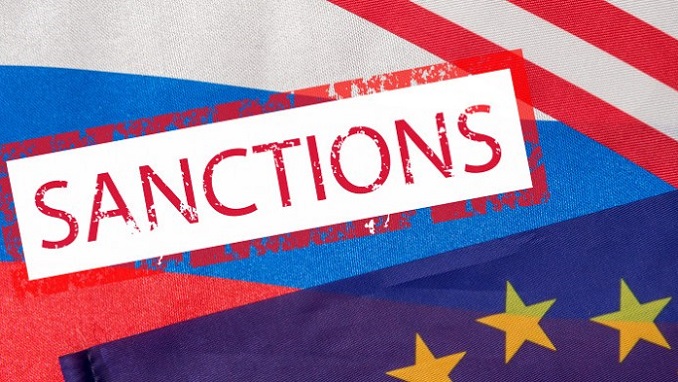Russia will find the way to punish those who impose personal sanctions against Russian citizens as part of the Magnitsky case, Russia’s Ambassador to the United Kingdom Andrei Kelin said in an interview with the BBC on Sunday.
“Believe me as for Magnitsky we will find the way to punish those who are making this type of sanctions. Because sanctions are illegal. There is only one body who can impose sanctions and this is the United Nations,” Kelin told the Andrew Marr Show, recalling that the UK is a permanent member of the UN Security Council, TASS writes.
In comment on the anchor’s question whether this means that Moscow would target individuals who are involved in the Magnitsky process on the UK and US side, the ambassador noted: “I haven’t said that, this is you who have said that. But probably it’s a good idea.”
On July 6, UK Secretary of State for Foreign Affairs Dominic Raab announced the so-called “Magnitsky Amendment” to the Sanctions and Anti-Money Laundering Bill. It was adopted by the House of Commons in May 2018, and was supposed to come into effect immediately after the UK’s withdrawal from the European Union. The amendment is named after Hermitage Capital lawyer Sergey Magnitsky, who died in 2009 in the Matrosskaya Tishina detention facility in Moscow. London believes that people in the sanctions list were involved in his torture and death.
Among them are Chief of Russia’s Investigative Committee Alexander Bastrykin, Deputy Prosecutor General Viktor Grin, former Deputy Interior Minister Alexei Anichin, judges, investigators, and the Interior Ministry officials. These persons are barred from entering the United Kingdom, as well as from doing business both in that country and with British go-betweens.
Apart from that, their assets in the United Kingdom, if any, will be frozen. The list is not limited only by Russia and comprises a total of 49 individuals and entities, including from Saudi Arabia, Myanmar and North Korea. The Russian Foreign Ministry rejected this as a politically motivated decision, stressing that Moscow reserved the right to impose adequate retaliatory measures.












